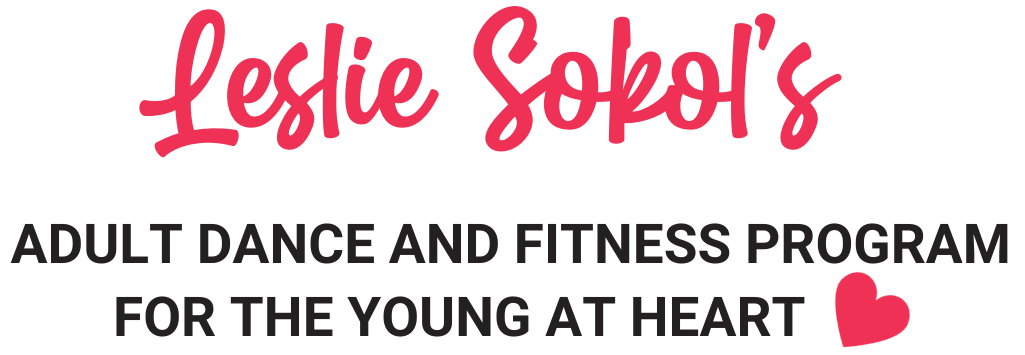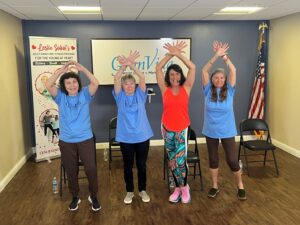The Balance of Life
Life is about balance. The word balance has two definitions and both are important to consider as you age. Balance can refer to distributing your energy among different things in the right proportion (i.e. – finding the perfect balance between work and play). Creating balance between your obligations and interests creates a stable foundation that equips you to embody your best self, cope with unexpected obstacles, and manage stress. Balance also means an even distribution of weight to hold something upright and steady, such as your physical body. Both types of balance are important in order to maintain a healthy and fulfilling lifestyle.
Physical Balance
As we get older, it’s important to take a proactive approach to our health and build awareness around our sense of balance. Good balance requires the coordination of several parts of the body: the central nervous system, inner ear, eyes, muscles, bones, and joints. Problems with any one of these can affect how you stand or move without falling or recover if you trip. Aging leads to a natural loss of muscle strength and flexibility, making it challenging to maintain balance and stability. Here are some simple activities that improve balance by increasing your strength and flexibility:
- Standing exercises (holding on to something or free standing). Balance on one foot, do toe raises, tuck ups, leg extensions, leg kicks, leg swings, and/or step touches.
- Walk a fictitious balance beam, one foot in front of the other.
- Standing or walking lunges.
- Seated chair exercises: sitting and standing squats, leg lifts, tuck ups, and bending side to side with your arms moving.
- Walking, hiking, or jogging.
- Ballet dancing, ballroom or jazz dance.
- Practicing yoga or tai chi.
Mental Balance
Poor mental health can make physical issues worse, and poor physical health can exacerbate mental health challenges. It’s important, therefore, to strike a balance that allows you to look after yourself both physically and mentally. Your attitude and how you approach and handle situations can make or break the balance in your life. If you are having difficulties living a well and balanced life, then you may need to reevaluate and set different priorities. A good work-life balance is essential because it helps reduce stress and prevents burnout in both your professional and personal life.
Here are some simple ways to improve your mental health:
- Eat a healthy diet. A nutrient-rich diet helps limit mood swings and improves your ability to focus.
- Adopt or foster a pet. Having a furry companion can help reduce feelings of stress and lower levels of depression (for both you and your four-legged friend!)
- Volunteer or give back. Volunteering helps you feel a sense of purpose and allows you to socialize with others.
- Exercise regularly. Physical activities can release endorphins, reduce stress and improve your mood.
- Learn something new. Challenging your brain is both fun and beneficial and helps keep your mind sharp.
- Stay social. Staying connected to other people lowers feelings of loneliness and depression.
The Benefits of a Balanced Life
Maintaining balance in every part of your life is an important way to experience better health, feel happier, reduce stress, and be more productive. Balance, love and joy are the fruits of a successful life! Recognizing your abilities and finding ways to serve others by using them is a treasured gift. Enjoy a balanced life and have fun!
This article originally appeared in the Coastal View.








